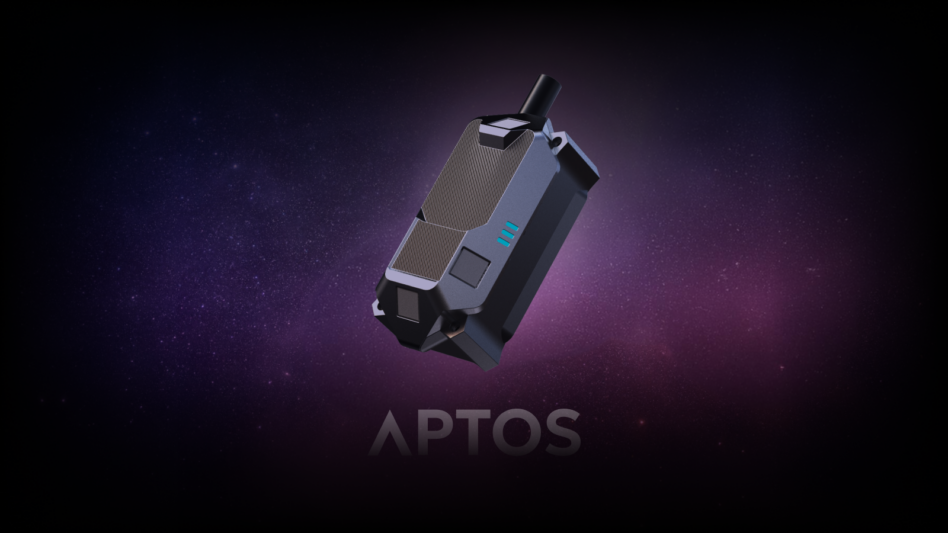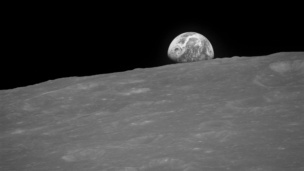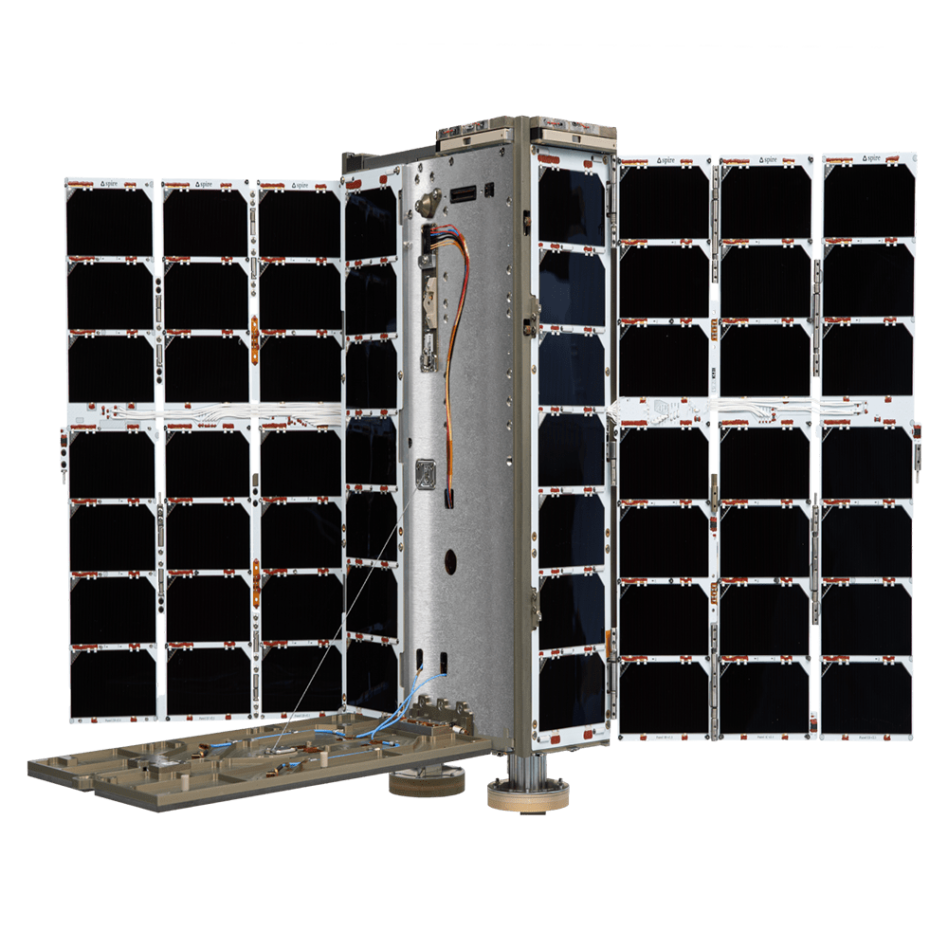Aptos Orbital, a CA-based company focused on enhancing satellite intelligence, unveiled a new platform today to boost AI processing power in orbit in partnership with Amazon Web Services.
The Aptos terminal, a small size weight and power (SWAP) device, integrates on-orbit processing, communication capabilities, and cloud services to enable satellites to run AI systems in orbit.
Cloud seeding: The technology promises to offer smoother operations and communications than traditional satellite ground stations.
- Aptos will provide persistent connectivity to satellites regardless of weather conditions and without the need for traditional communication operations.
- The tech will allow satellites to process data on orbit, and send valuable data through the cloud to offer end customers computer-like accessibility to their data.
“Today’s satellites are siloed from modern cloud environments, hampered by the lack of onboard compute power, and have multi-hour coverage gaps. At Aptos Orbital, we are changing that,” Aptos founder Yonatan Winetraub said in a statement. “Our goal is to make satellites as intelligent and accessible as any computer on Earth.”
Stamp of approval: The partnership with Amazon Web Services (AWS) will provide cloud services and advanced computing capabilities to the platform.
The company also announced commitments from eight major clients, including ThinkOrbital, totaling more than $100M.
What’s next: The company is able to move from design to orbit in less than six months and expects this operational efficiency to allow them to launch dozens of new units this year—the eventual goal is to have 1,000+ satellites using the platform by 2030.
Correction: An earlier version of this story misspelled Yonatan Winetraub’s name.





